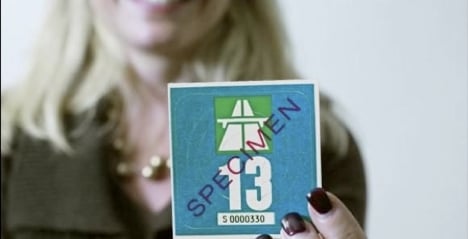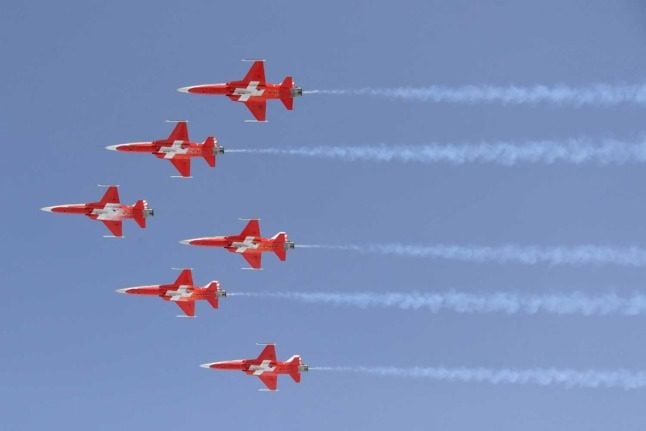The federal government has backed the increase, to take effect in 2015, arguing that it is necessary to finance expansion of the country’s highway network.
But opponents, who submitted 105,822 signatures to the federal chancellery on Wednesday to put the issue to a vote, say motorists are already paying too many taxes.
A referendum committee pointed out that the confederation collects 9.5 billion francs a year in road taxes but 70 percent of the receipts go to federal coffers and to defray public transport costs.
The transport and environment association (VCS) is also opposed to the tax hike but for different reasons: it fears the extra revenue will be used to expand the motorway network, which it opposes.
Under the government proposal, visiting motorists who are just passing through Switzerland would have to pay 40 francs for a “vignettete” that would be valid for two months.
Anyone driving on Swiss motorways is required to purchase the sticker and affix it to the front windscreen of their vehicle.
If approved, the increase in the motorway vignette would be the first in 20 years.



 Please whitelist us to continue reading.
Please whitelist us to continue reading.
Member comments